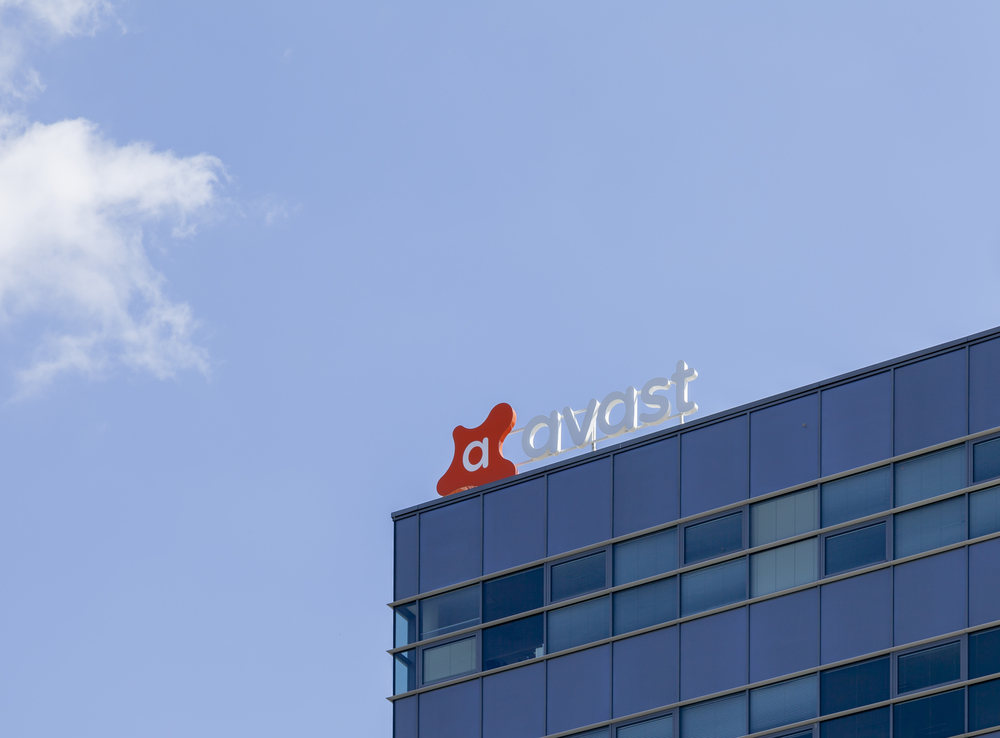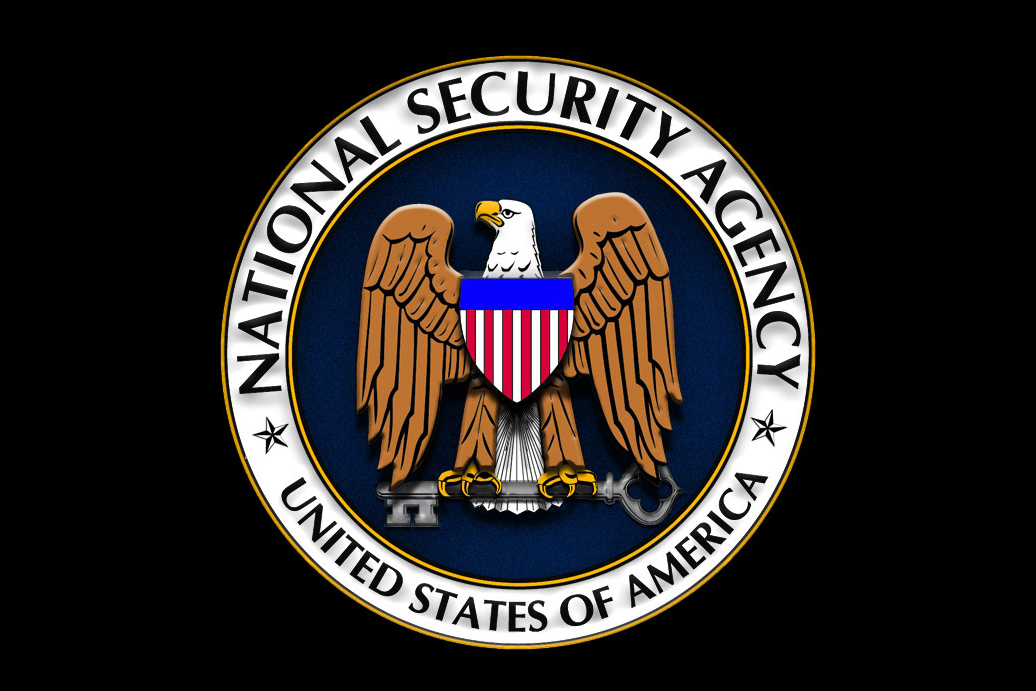Copyright on the tracks
The origins of the free software movement can be traced back to to the hackers of MIT's Tech Model Railroad Club, but more recently model railways have played a significant part in validating copyright law.

Sign up today and you will receive a free copy of our Future Focus 2025 report - the leading guidance on AI, cybersecurity and other IT challenges as per 700+ senior executives
You are now subscribed
Your newsletter sign-up was successful
Not only did Katzer's actions run counter to most people's understanding of copyright law, but he claimed explicitly that the licenses were not applicable under copyright law. Bizarrely, this conclusion was re-enforced when the judge ruled as follows:
"The condition that the user insert a prominent notice of attribution does not limit the scope of the license. Rather, Defendants' alleged violation of the conditions of the license may have constituted a breach of the nonexclusive license, but does not create liability for copyright infringement where it would not otherwise exist. Therefore, based on the current record before the Court, the Court finds that Plaintiff's claim properly sounds in contract and therefore Plaintiff has not met his burden of demonstrating likelihood of success on the merit of his copyright claim and is therefore not entitled to a presumption of irreparable harm."
With a sweep of his judicial pen, the judge had made a ruling that had the potential to invalidate all free software and creative commons licences, which are used by countless "artists, authors, educators, software developers, and scientists who wish to create collaborative projects and to dedicate certain works to the public."
The decision was widely quoted by intellectual property lawyers, suggesting that it might "provide important and much-needed insight as to how courts may choose to enforce (or not enforce) open source licenses and is an example of the types of issues that will arise as open source licenses are litigated."
Artistic license
This was an extraordinary decision, and Jacobsen and JMRI could have been forgiven for retiring through fatigue, having lost every battle in the war. The volunteer developers of JMRI had been cybersquatted, had their code stolen, been attacked with patent infringement threats, suffered copyright theft, and in Jacobsen's case, had his employment unjustly jeopardized and on each occasion had been forced to pay the tormentor's costs.
Fortunately, the free software movement has its friends and allies, and several organisations were able to make representation to the appeals court, with positive results. The organisations that leant their support included Creative Commons Corp, The Linux Foundation, The Open Source Initiative, The Software Freedom Law Center, Yet Another Society (aka The Perl Foundation), and The Wikimedia Foundation. Most of these organisations depend upon public subscription and individual donations.
Sign up today and you will receive a free copy of our Future Focus 2025 report - the leading guidance on AI, cybersecurity and other IT challenges as per 700+ senior executives
Lawyer Lawrence Lessig expressed the appeal court's findings most succinctly: "In non-technical terms, the Court has held that free licenses such as the CC (Creative Commons) licenses set conditions (rather than covenants) on the use of copyrighted work. When you violate the condition, the license disappears, meaning you're simply a copyright infringer. This is the theory of the GPL and all CC licenses. Put precisely, whether or not they are also contracts, they are copyright licenses which expire if you fail to abide by the terms of the license."
The court's ruling, given in August 2008, applied specifically to the Artistic License, but can be extrapolated to other similar licenses. JMRI's struggle through the courts continues and can be followed on the JMRI website.
The significance of this ruling is that it validates the assumption, inherent in the drafting of free and open source software licenses, that the conditions of use are applicable under copyright law, and that those who choose to do so can ensure that the product of their ideas, imagination and effort can continue to be freely accessible to others in the form that they wish.
Throughout history, academic innovation and discovery has depended on the open accumulation and distribution of knowledge. Most scientific developments and for that matter, artistic, political or social ideas have evolved from a common pool of knowledge, such as free software and Creative Commons provide, where new developments are built upon free access to the developments of your contemporaries and those that have gone before.
Science has always worked this way. Innovation most often happens in an evolutionary spiral very seldom do new ideas come out of the blue.
Seen in this light, free software and Creative Commons licenses can be viewed as a mechanism for seeding and preserving the common pool of knowledge, and ensuring the free exchange of ideas in a society that has become unduly acquisitive of ideas. In the immediate territory of JMRI, it means that the JMRI developers can be assured that their original code is distributed according to their wishes, and cannot be appropriated by third parties.
-
 Mistral CEO Arthur Mensch thinks 50% of SaaS solutions could be supplanted by AI
Mistral CEO Arthur Mensch thinks 50% of SaaS solutions could be supplanted by AINews Mensch’s comments come amidst rising concerns about the impact of AI on traditional software
-
 Westcon-Comstor and UiPath forge closer ties in EU growth drive
Westcon-Comstor and UiPath forge closer ties in EU growth driveNews The duo have announced a new pan-European distribution deal to drive services-led AI automation growth
-
 Most CEOs steal IP from previous employers
Most CEOs steal IP from previous employersNews Emotionally-driven decisions put companies at risk, finds security report
-
 Avast plans London listing in UK's largest ever tech IPO
Avast plans London listing in UK's largest ever tech IPONews The antivirus firm is expected to hit a $4 billion valuation
-
 User error: Businesses expose 1.5bn sensitive files
User error: Businesses expose 1.5bn sensitive filesNews Exposed confidential information is roughly 4,000 times larger than the Panama Papers leak
-
 Four hackers accused of stealing military software
Four hackers accused of stealing military softwareNews The IP was worth more than $100m and included US Army software and games
-
 Yahoo reveals fine threats of up to $250,000 by US government
Yahoo reveals fine threats of up to $250,000 by US governmentNews Secret court documents reveal court case dated back to 2007
-
 Police arrest man over illegal sports streaming website
Police arrest man over illegal sports streaming websiteNews Manchester man nabbed by Intellectual Property Crime unit
-
 Government pushes emergency law to allow data snooping
Government pushes emergency law to allow data snoopingNews Government legislation will force telecoms companies to log customer info for government investigation
-
 Angry Birds, Squeaky Dolphin, NoseySmurf: The NSA programs you never knew about
Angry Birds, Squeaky Dolphin, NoseySmurf: The NSA programs you never knew aboutIn-depth IT Pro takes you on a run down of some of the major NSA projects that may have passed you by over the last 12 months